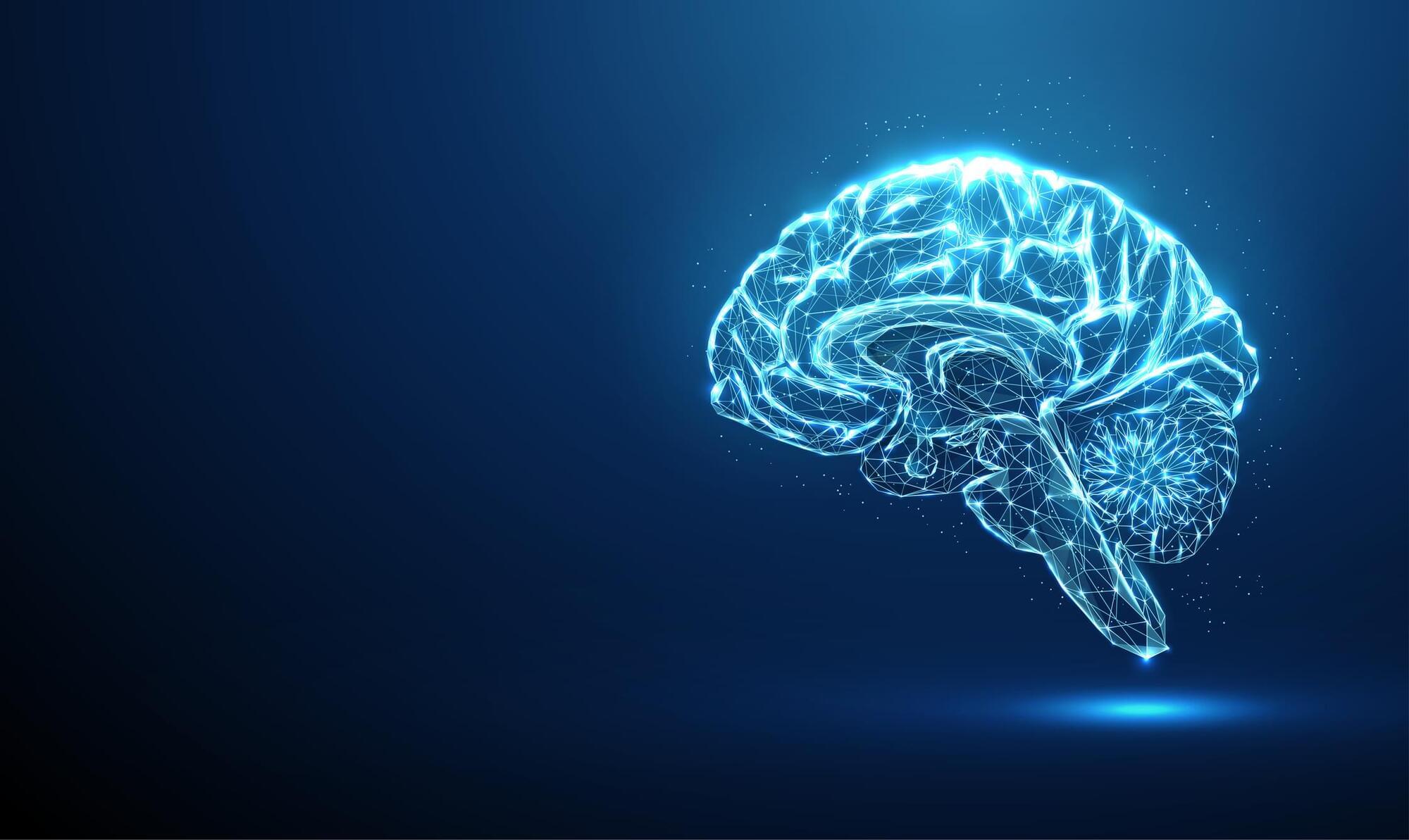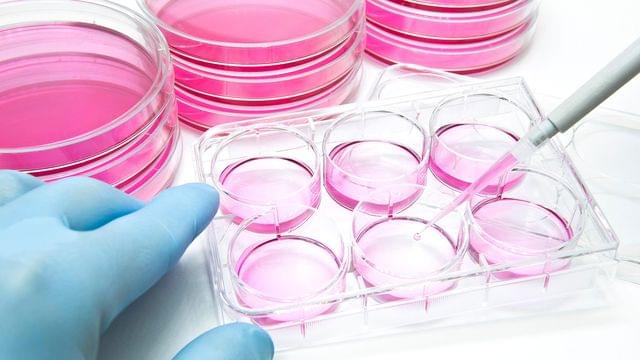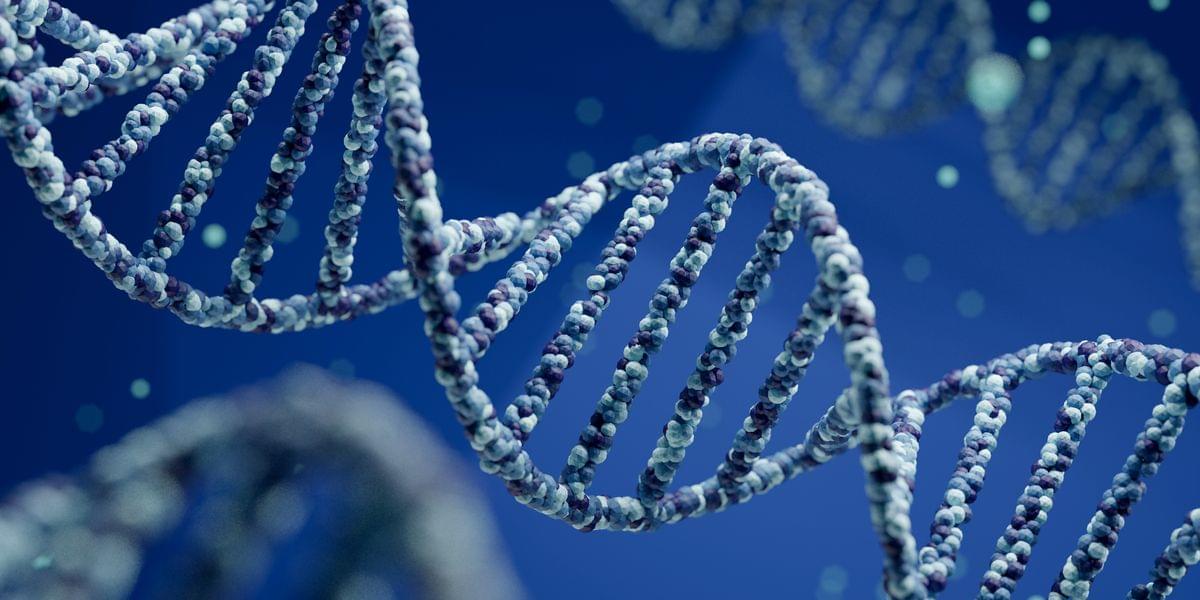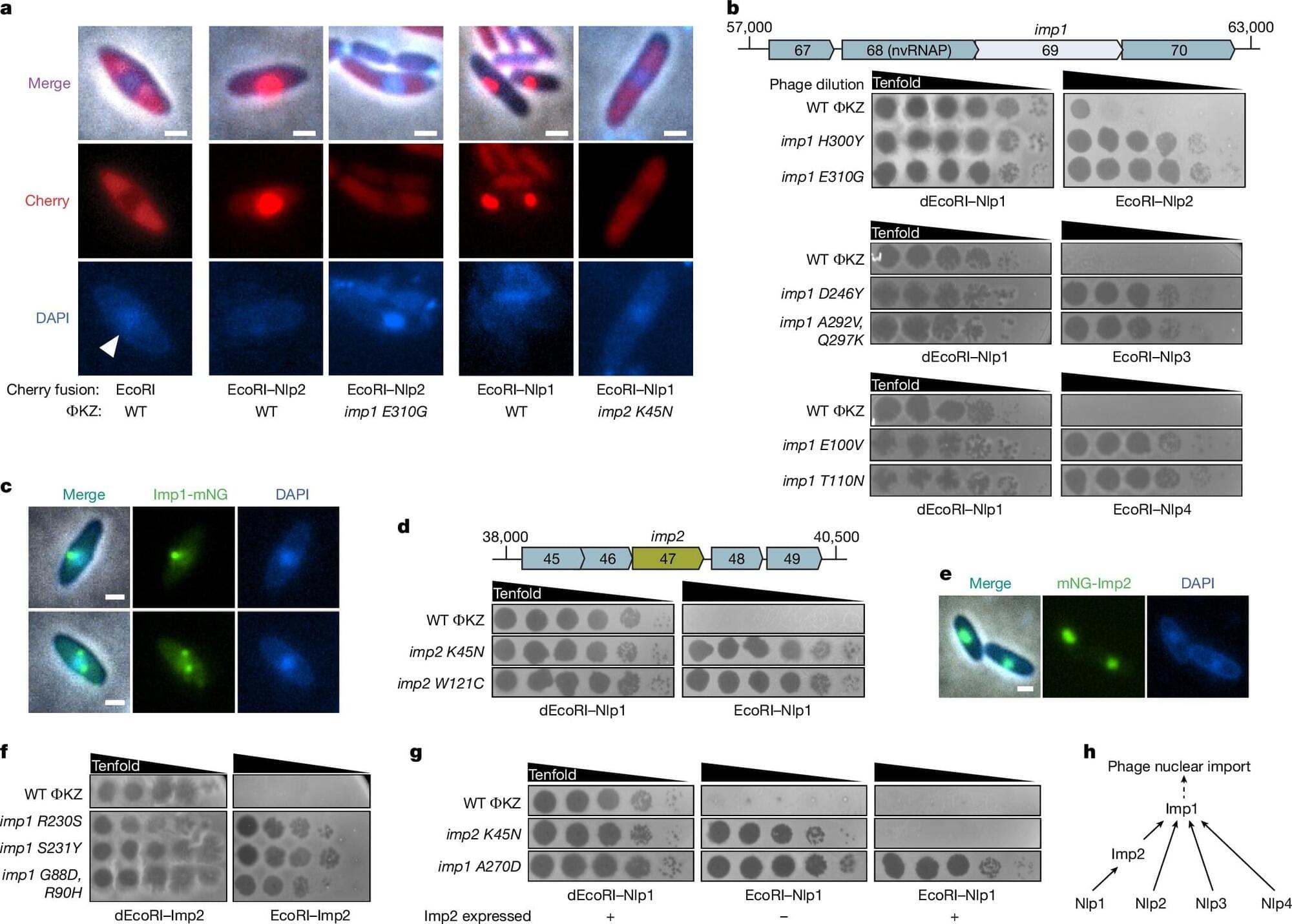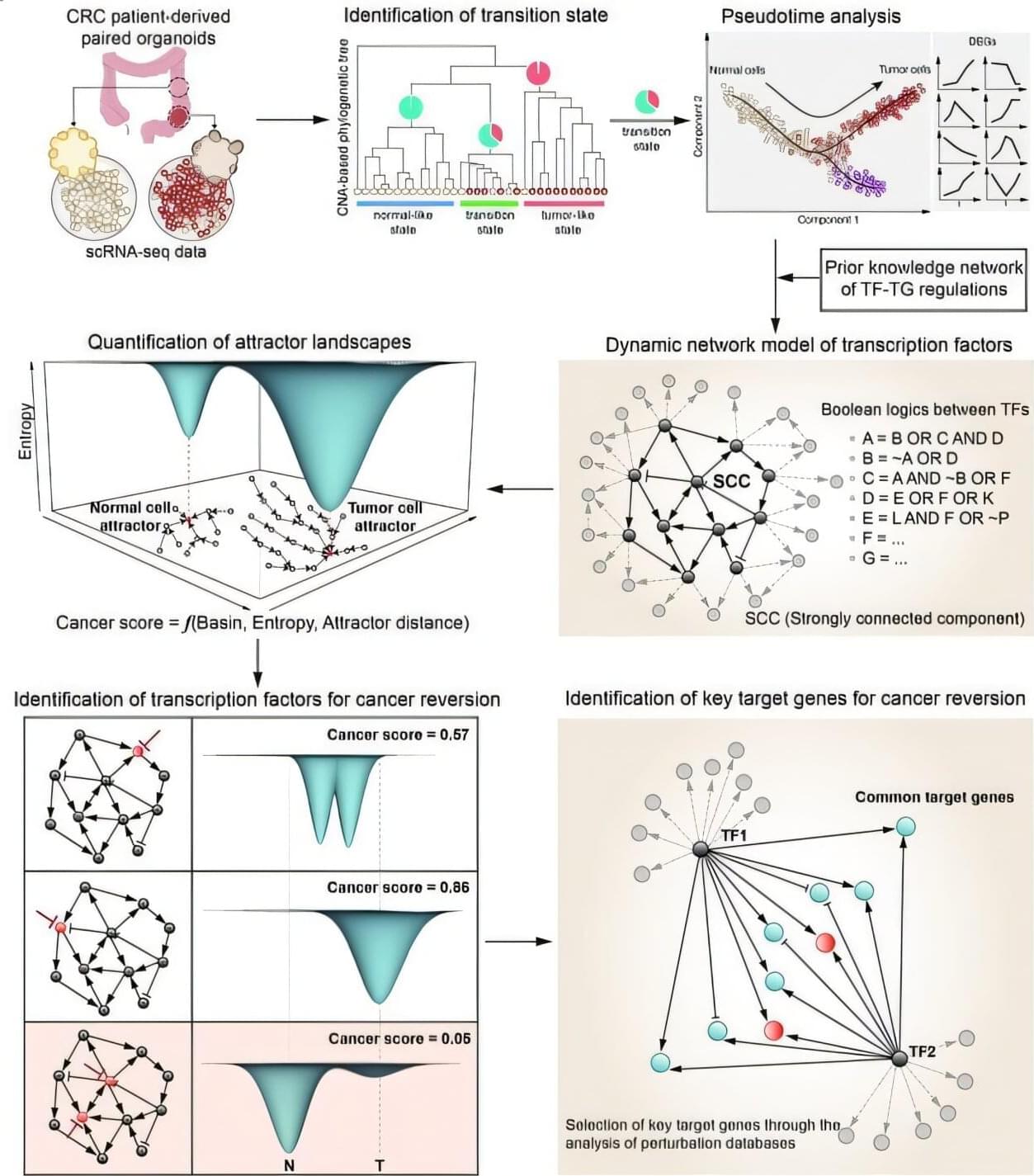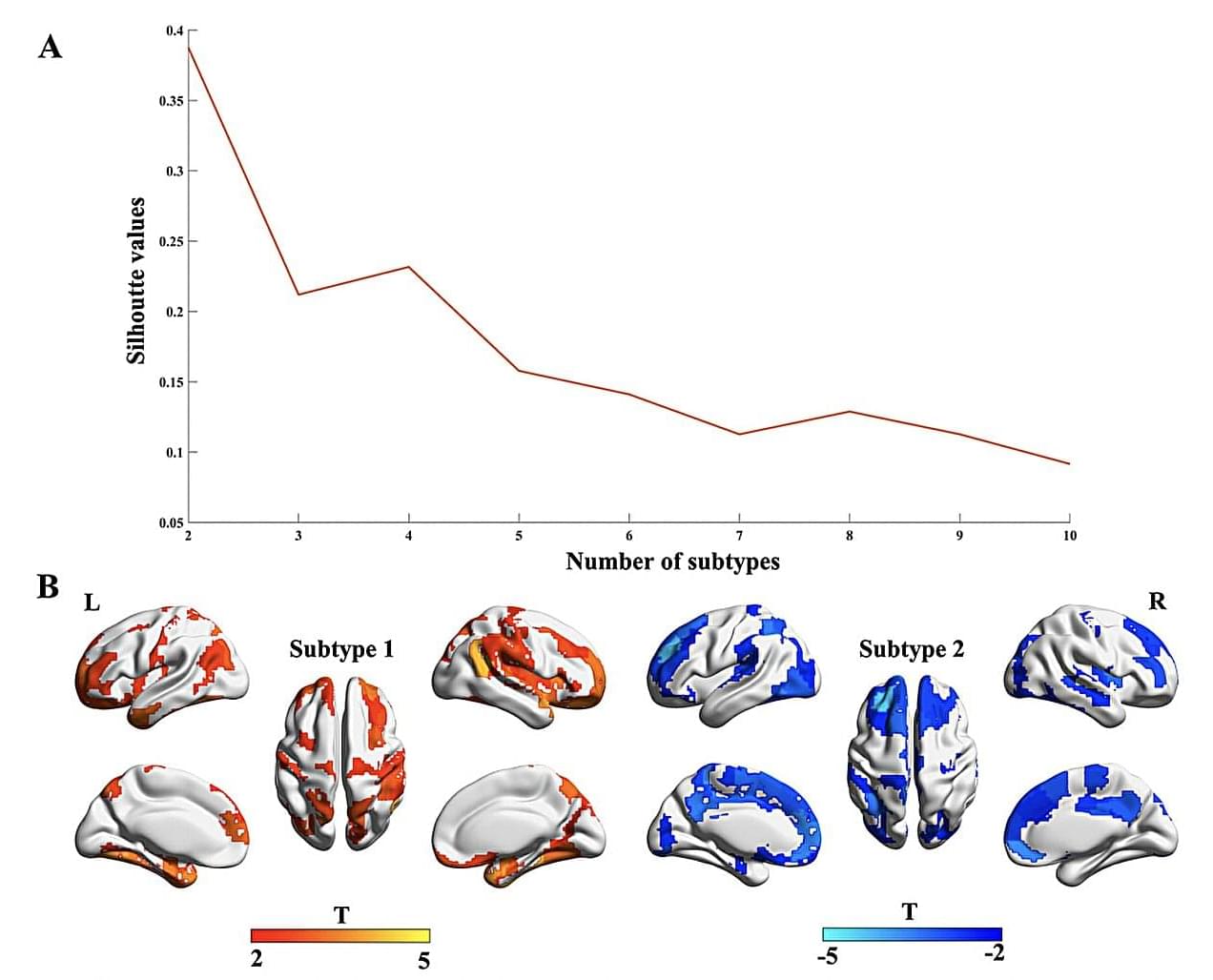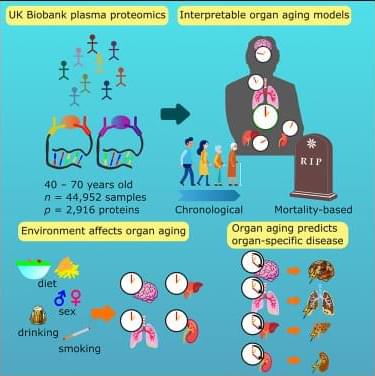In this video, Dr. Ben Goertzel, CEO of SingularityNET, TrueAGI and the Artificial Superintelligence Alliance (ASI Alliance), analyzes DeepSeek LLM as an efficiency advancement rather than an AGI breakthrough. The model’s open-source implementation and technical architecture (mixture of experts and multi-token training) improve accessibility while maintaining performance. This development demonstrates the continued democratization of AI capabilities and may redirect industry focus toward alternative computing architectures and decentralized systems.
0:00 Intro.
00:33 Initial Thoughts on DeepSeek.
01:25 Efficiency Gains and Their Implications.
02:58 Technological Singularity and Rapid Advances.
04:07 DeepSeek’s Underlying Technology.
07:27 Open Source Approach and Its Benefits.
09:58 China’s Role in AI and Open Source.
12:20 Broader Implications for AI and AGI
15:42 Conclusion: The Path to Technological Singularity.
#AGI #Deepseek #AI
–
SingularityNET was founded by Dr. Ben Goertzel with the mission of creating a decentralized, democratic, inclusive, and beneficial Artificial General Intelligence (AGI). An AGI is not dependent on any central entity, is open to anyone, and is not restricted to the narrow goals of a single corporation or even a single country.
The SingularityNET team includes seasoned engineers, scientists, researchers, entrepreneurs, and marketers. Our core platform and AI teams are further complemented by specialized teams devoted to application areas such as finance, robotics, biomedical AI, media, arts, and entertainment.
Website: https://singularitynet.io.

